‘Multi-cloud all the way’: Why Google Cloud’s UniSuper fiasco shows you shouldn’t rely on a single cloud provider
Google Cloud accidentally deleted UniSuper’s private cloud account, which crippled services for more than a week


Earlier this month, UniSuper found itself in a true nightmare scenario when Google Cloud deleted the account – complete with backups – belonging to the $135 billion pension fund.
The incident prompted nearly two weeks of confusion and disruption for the Australian firm’s 600,000+ members, culminating in a public apology from Google Cloud CEO Thomas Kurian.
Google described the incident as an “unprecedented sequence of events whereby an inadvertent misconfiguration during provisioning of UniSuper’s Private Cloud services ultimately resulted in the deletion of UniSuper’s Private Cloud subscription”.
Industry experts have suggested that the incident highlights the importance of keeping – and diligently maintaining – backups. They’re certainly not wrong, but on this occasion backups simply weren’t enough to avert disaster.
UniSuper said it had "duplication in two geographies" as a failsafe against an outage or data loss. However, the deletion of the firm’s private cloud subscription affected both of these locations as well.
Luckily, the firm said it had backups in place with an additional service provider, which helped minimize data loss.
UniSuper fiasco shows the advantages of multi-cloud
What this incident points toward is a bigger problem: Lumping all your eggs in one hyperscaler basket.
Get the ITPro daily newsletter
Sign up today and you will receive a free copy of our Future Focus 2025 report - the leading guidance on AI, cybersecurity and other IT challenges as per 700+ senior executives
UniSuper announced in mid-2023 that it would outsource maintenance of its IT infrastructure to the cloud giant, which isn’t out of the ordinary. Companies the world over do this with other major providers such as AWS or Microsoft.
Jamil Ahmed, distinguished engineer at Solace, told ITPro that while choosing a single cloud vendor improves simplicity, the UniSuper incident highlights the growing appeal of a multi-cloud approach.
"‘One-of-a-kind’, extremely rare outages or issues continue to plague every service provider from time to time, which is why the need to store and access valuable information on multiple provider services has arisen,” he said.
From a business perspective, Ahmed said there are “no excuses” for having a single cloud provider in 2024, as this ultimately hamstrings a business into working with one vendor that at any time could encounter a similar problem.
RELATED

Simply put, he said, a single-vendor approach is a vestige of a bygone era in cloud computing.
“It needs to be multi-cloud all the way, treating cloud as a commoditized compute as much as possible, rather than building apps and services that are tied to knowing what cloud they're in.”
“Unfortunately, when businesses first introduced the cloud into their strategy, about 10 years ago, they made multi-provider usage a problem to solve later on.
“It is now 'later on,' and the strategy of using one cloud service is demonstrably dangerous and negligent."

Ross Kelly is ITPro's News & Analysis Editor, responsible for leading the brand's news output and in-depth reporting on the latest stories from across the business technology landscape. Ross was previously a Staff Writer, during which time he developed a keen interest in cyber security, business leadership, and emerging technologies.
He graduated from Edinburgh Napier University in 2016 with a BA (Hons) in Journalism, and joined ITPro in 2022 after four years working in technology conference research.
For news pitches, you can contact Ross at ross.kelly@futurenet.com, or on Twitter and LinkedIn.
-
 Bigger salaries, more burnout: Is the CISO role in crisis?
Bigger salaries, more burnout: Is the CISO role in crisis?In-depth CISOs are more stressed than ever before – but why is this and what can be done?
By Kate O'Flaherty Published
-
 Cheap cyber crime kits can be bought on the dark web for less than $25
Cheap cyber crime kits can be bought on the dark web for less than $25News Research from NordVPN shows phishing kits are now widely available on the dark web and via messaging apps like Telegram, and are often selling for less than $25.
By Emma Woollacott Published
-
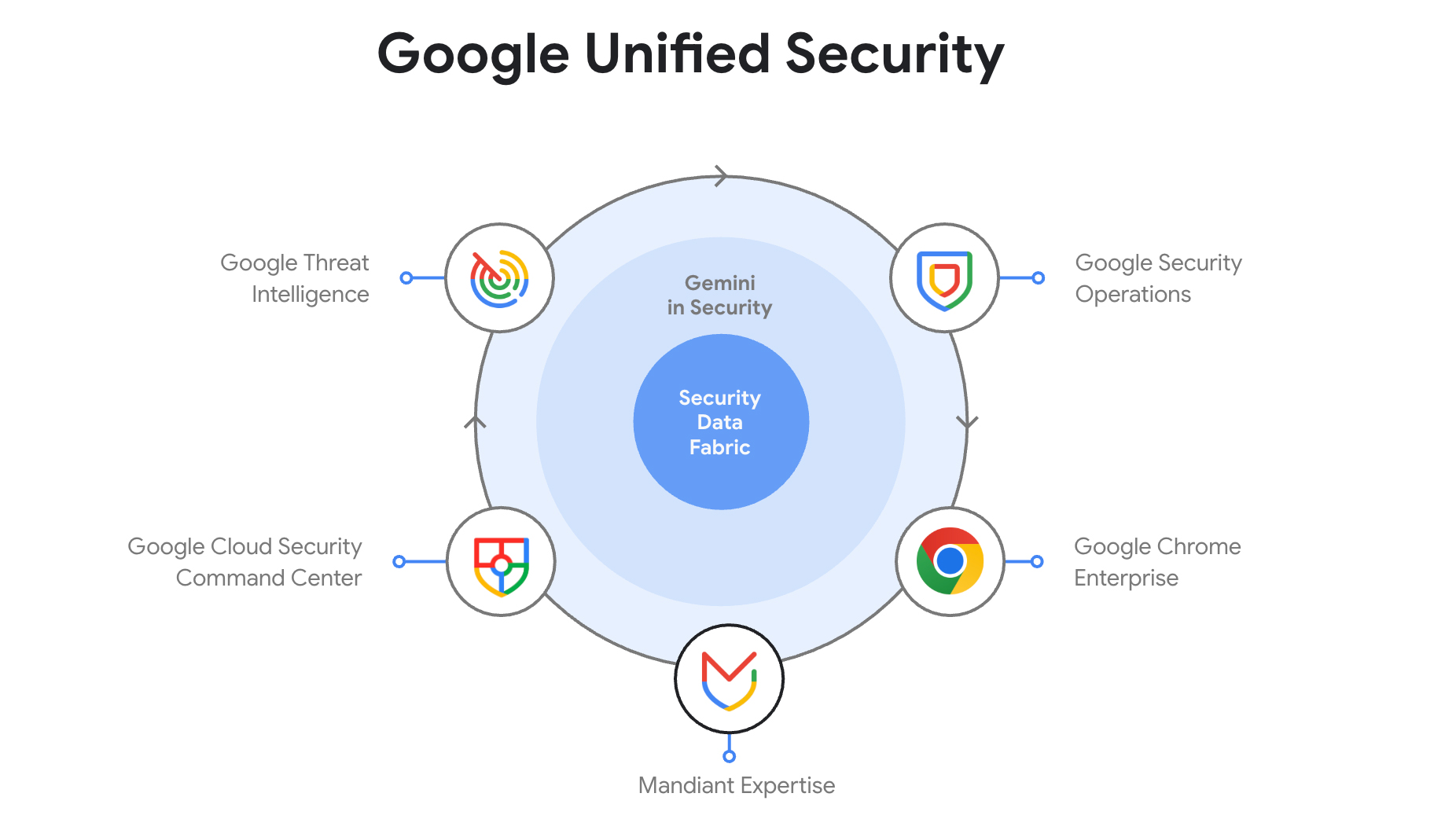 Google Cloud wants to tackle cyber complexity – here's how it plans to do it
Google Cloud wants to tackle cyber complexity – here's how it plans to do itNews Google Unified Security will combine all the security services under Google’s umbrella in one combined cloud platform
By Rory Bathgate Published
-
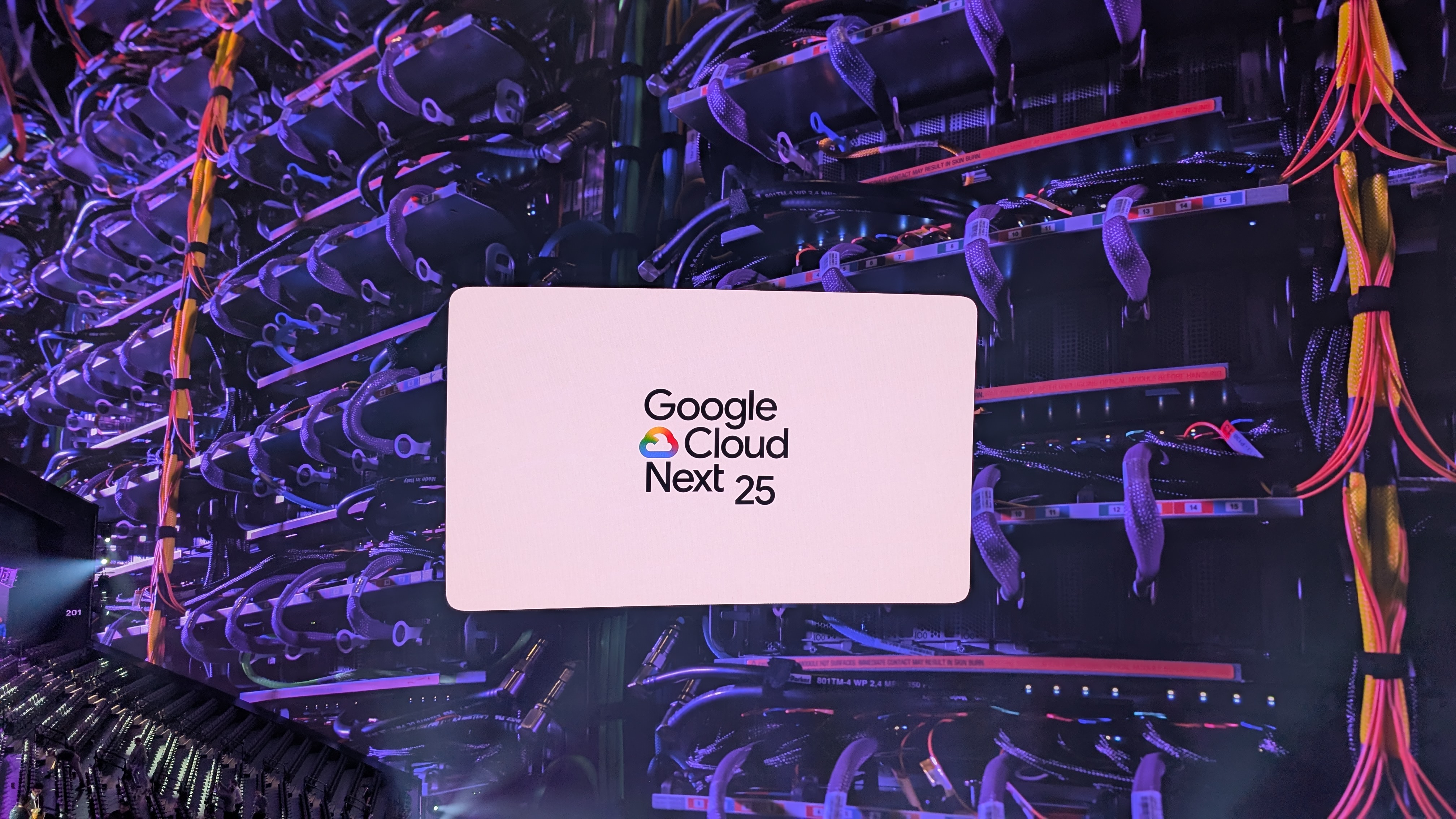 Google Cloud Next 2025: All the live updates as they happened
Google Cloud Next 2025: All the live updates as they happenedLive Blog Google Cloud Next 2025 is officially over – here's everything that was announced and shown off in Las Vegas
By Rory Bathgate Last updated
-
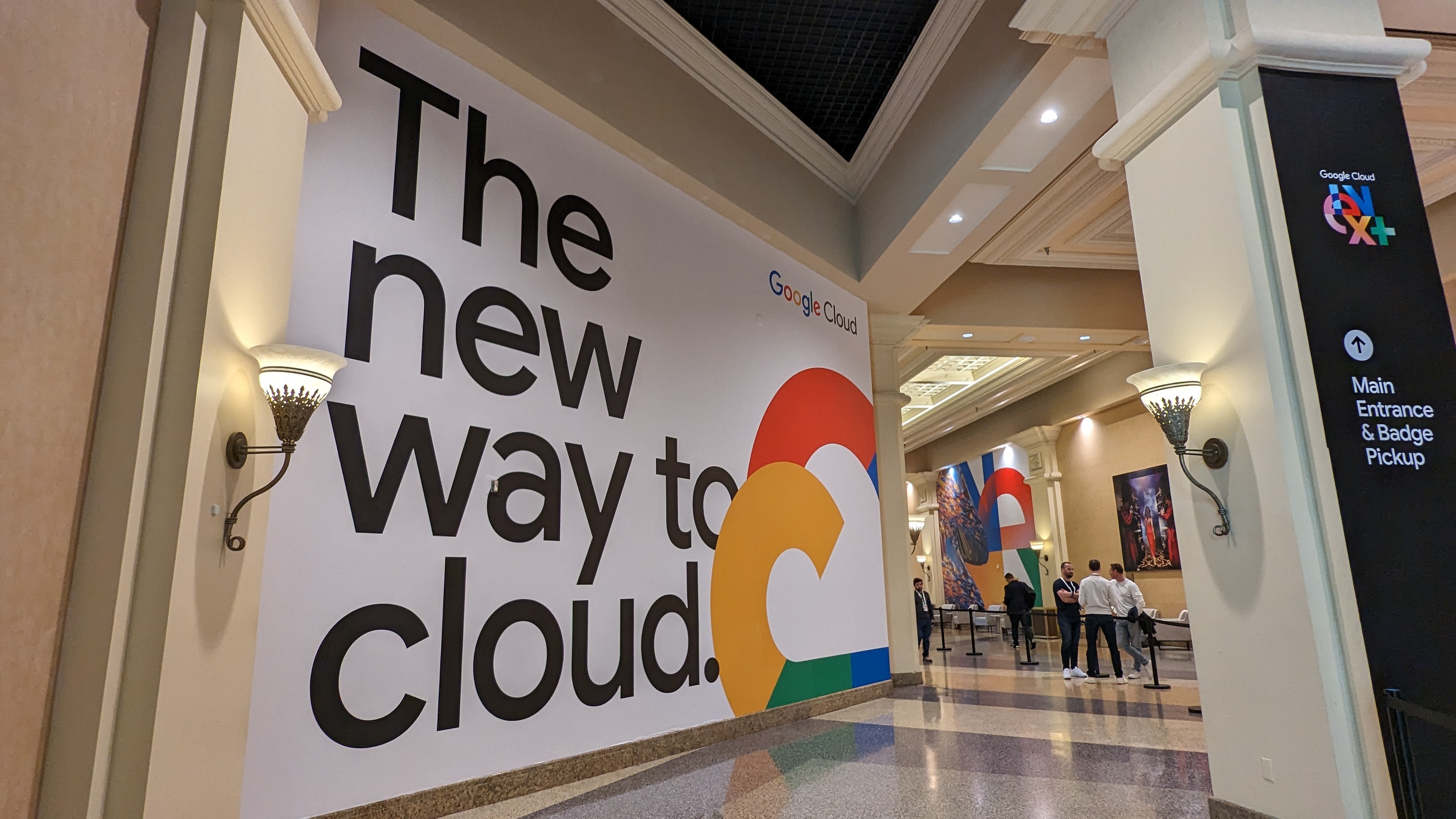 Google Cloud Next 2025 is the hyperscaler’s chance to sell itself as the all-in-one AI platform for enterprises
Google Cloud Next 2025 is the hyperscaler’s chance to sell itself as the all-in-one AI platform for enterprisesAnalysis With a focus on the benefits of a unified approach to AI in the cloud, the ‘AI first’ cloud giant can build on last year’s successes
By Rory Bathgate Published
-
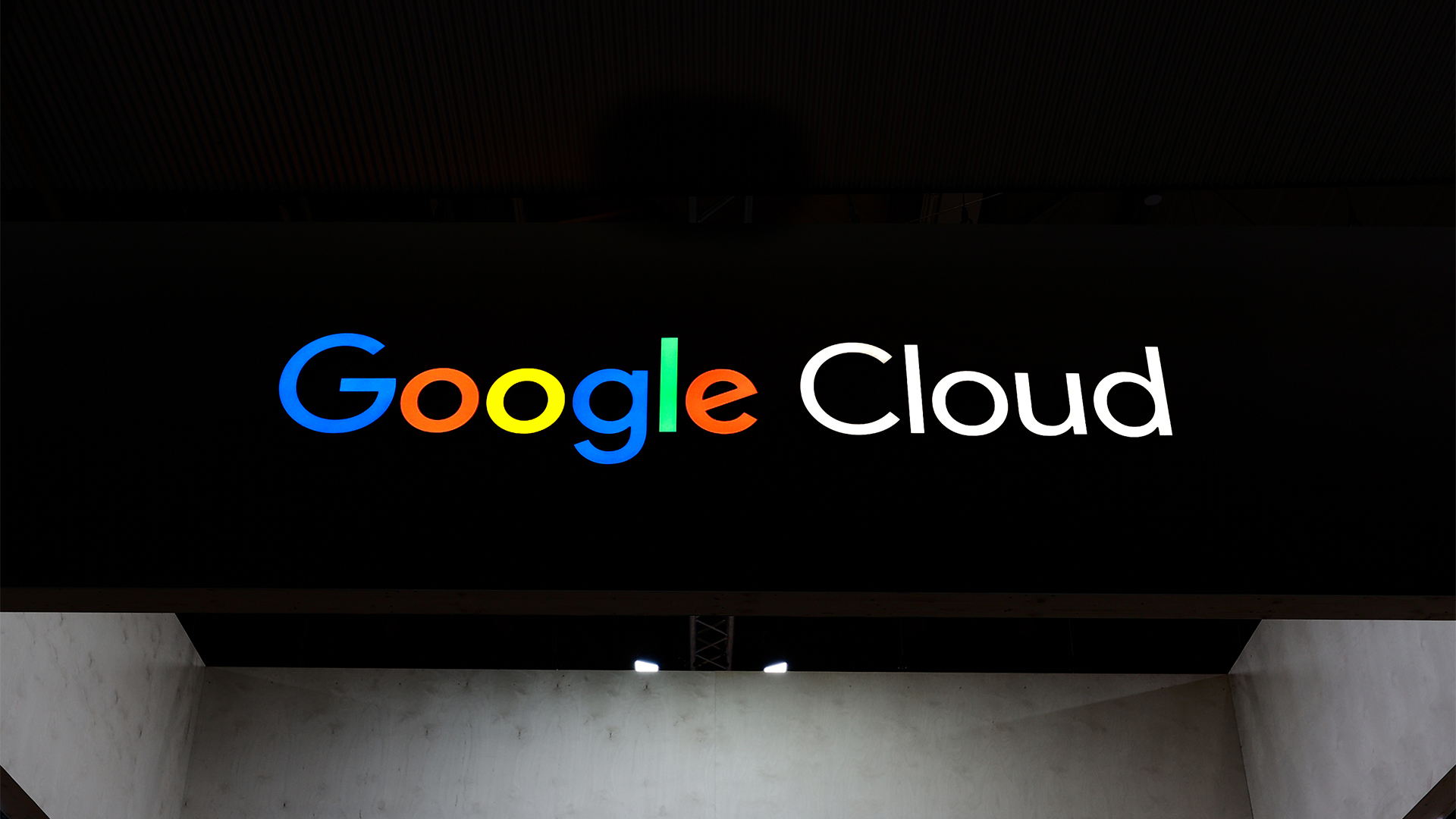 The Wiz acquisition stakes Google's claim as the go-to hyperscaler for cloud security – now it’s up to AWS and industry vendors to react
The Wiz acquisition stakes Google's claim as the go-to hyperscaler for cloud security – now it’s up to AWS and industry vendors to reactAnalysis The Wiz acquisition could have monumental implications for the cloud security sector, with Google raising the stakes for competitors and industry vendors.
By Ross Kelly Published
-
 Google confirms Wiz acquisition in record-breaking $32 billion deal
Google confirms Wiz acquisition in record-breaking $32 billion dealNews Google has confirmed plans to acquire cloud security firm Wiz in a deal worth $32 billion.
By Nicole Kobie Published
-
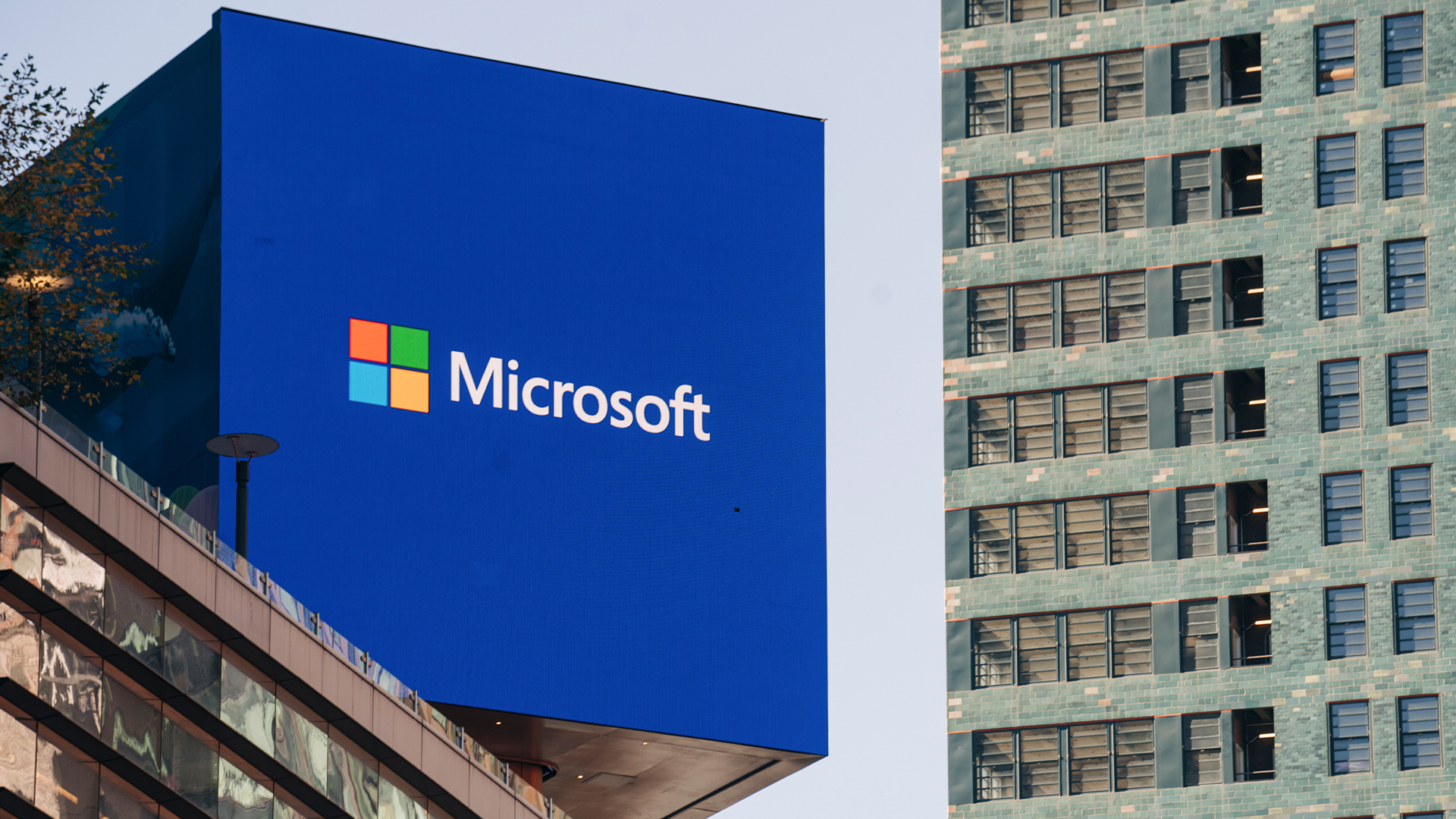 Microsoft hit with £1 billion lawsuit over claims it’s “punishing UK businesses” for using competitor cloud services
Microsoft hit with £1 billion lawsuit over claims it’s “punishing UK businesses” for using competitor cloud servicesNews Customers using rival cloud services are paying too much for Windows Server, the complaint alleges
By Emma Woollacott Published
-
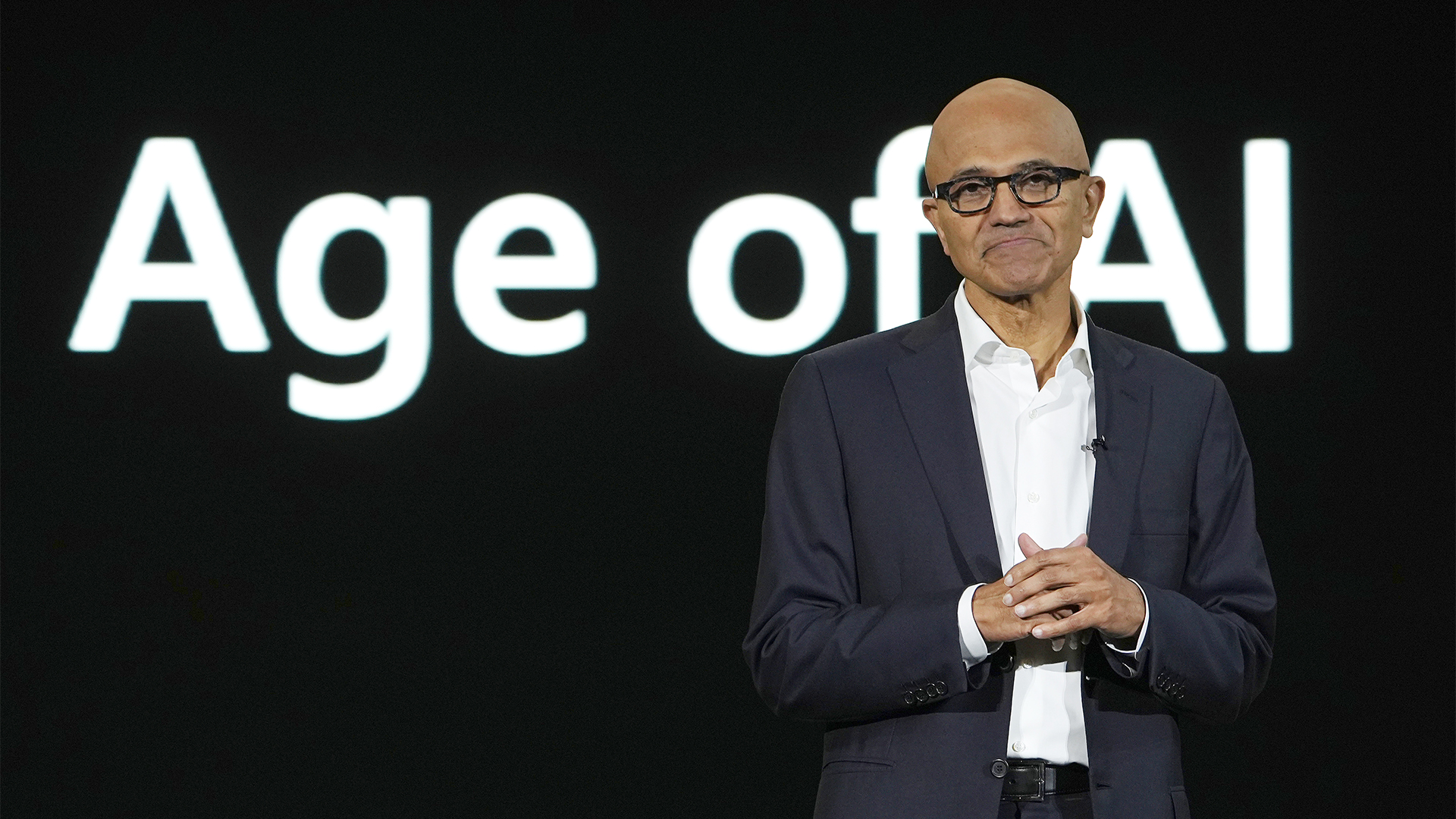 Microsoft's Azure growth isn't cause for concern, analysts say
Microsoft's Azure growth isn't cause for concern, analysts sayAnalysis Azure growth has slowed slightly, but Microsoft faces bigger problems with expanding infrastructure
By George Fitzmaurice Published
-
 The Open Cloud Coalition wants to promote a more competitive European cloud market – but is there more to the group than meets the eye?
The Open Cloud Coalition wants to promote a more competitive European cloud market – but is there more to the group than meets the eye?Analysis The launch of the Open Cloud Coalition is the latest blow in a war of words between Microsoft and Google over European cloud
By Nicole Kobie Published